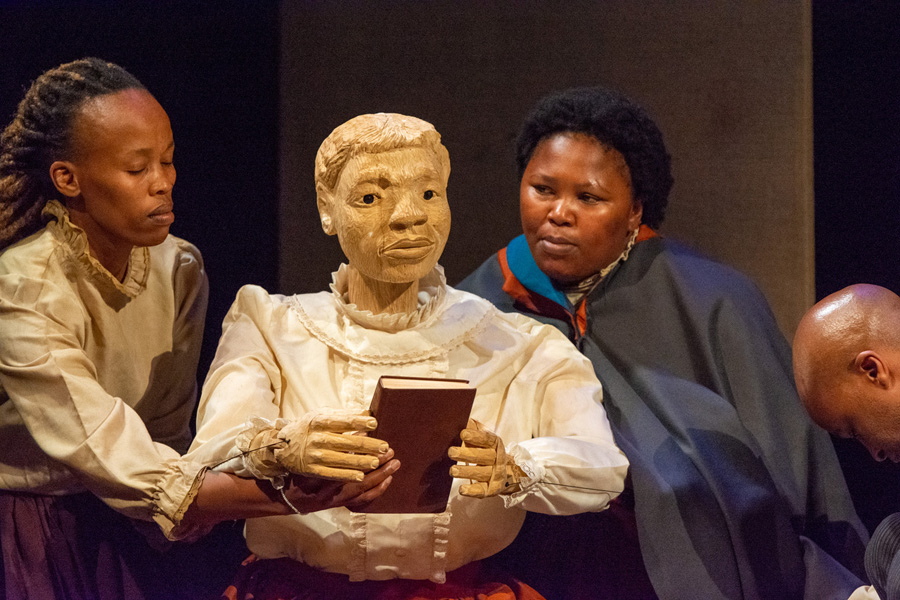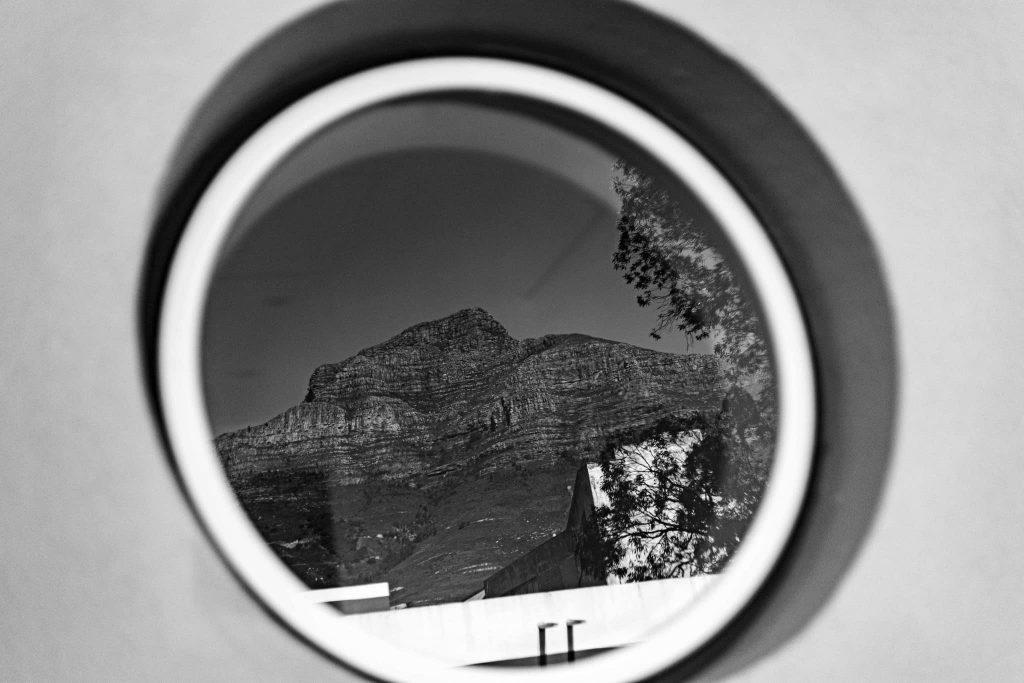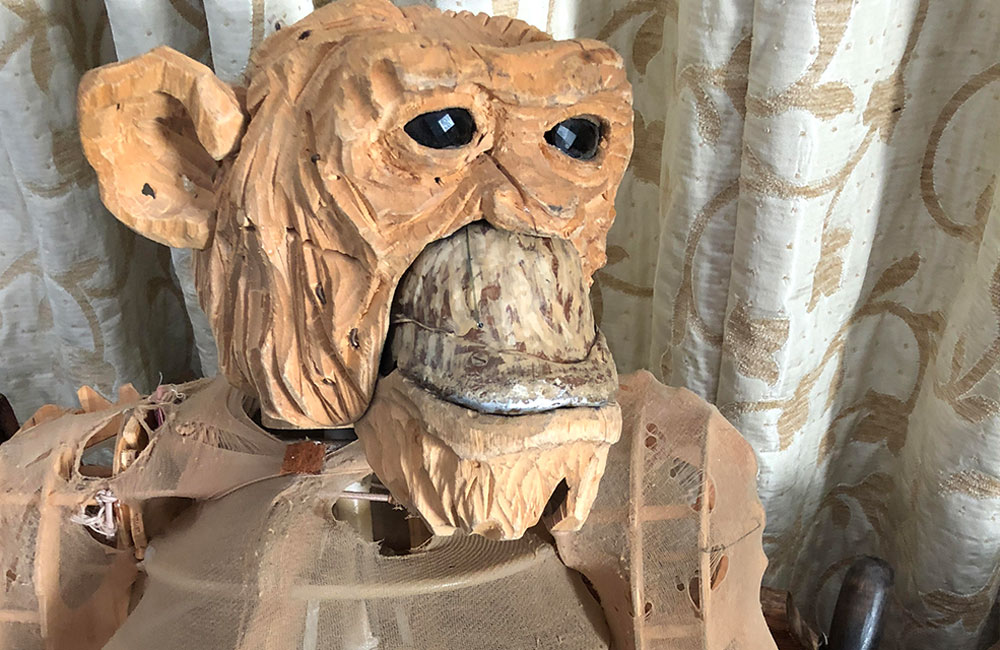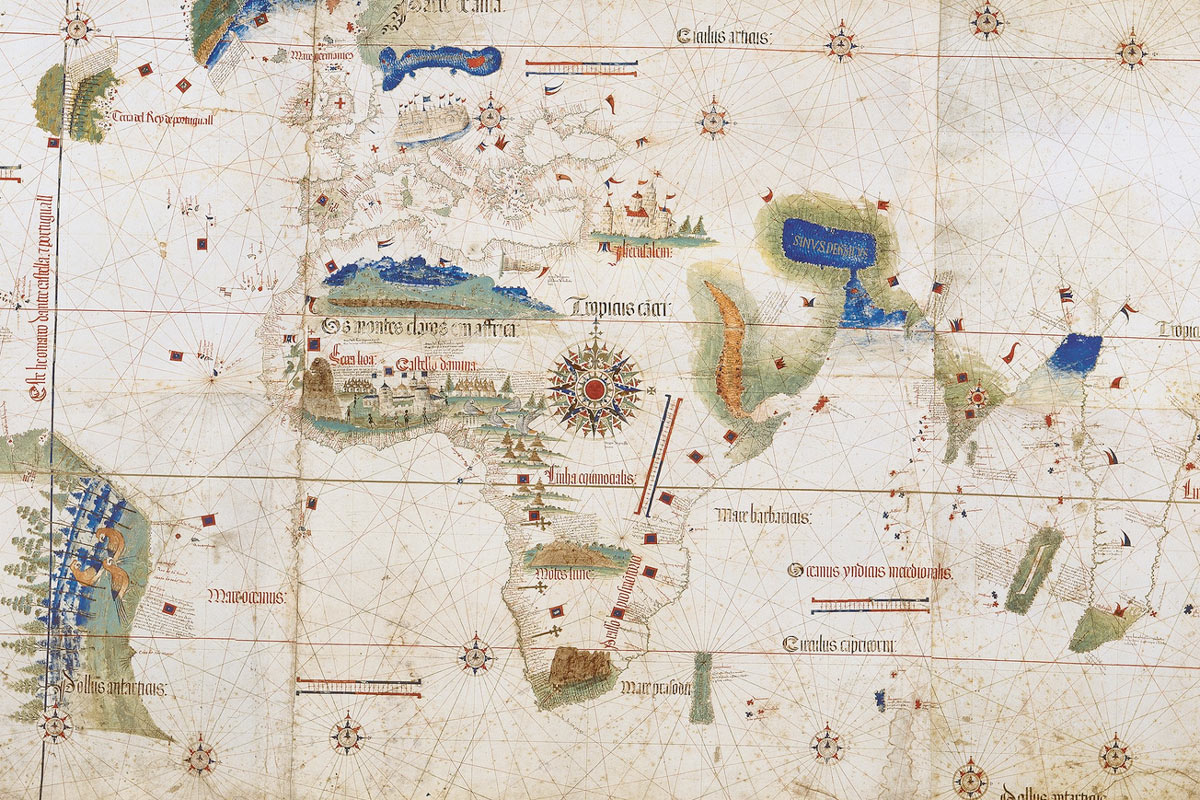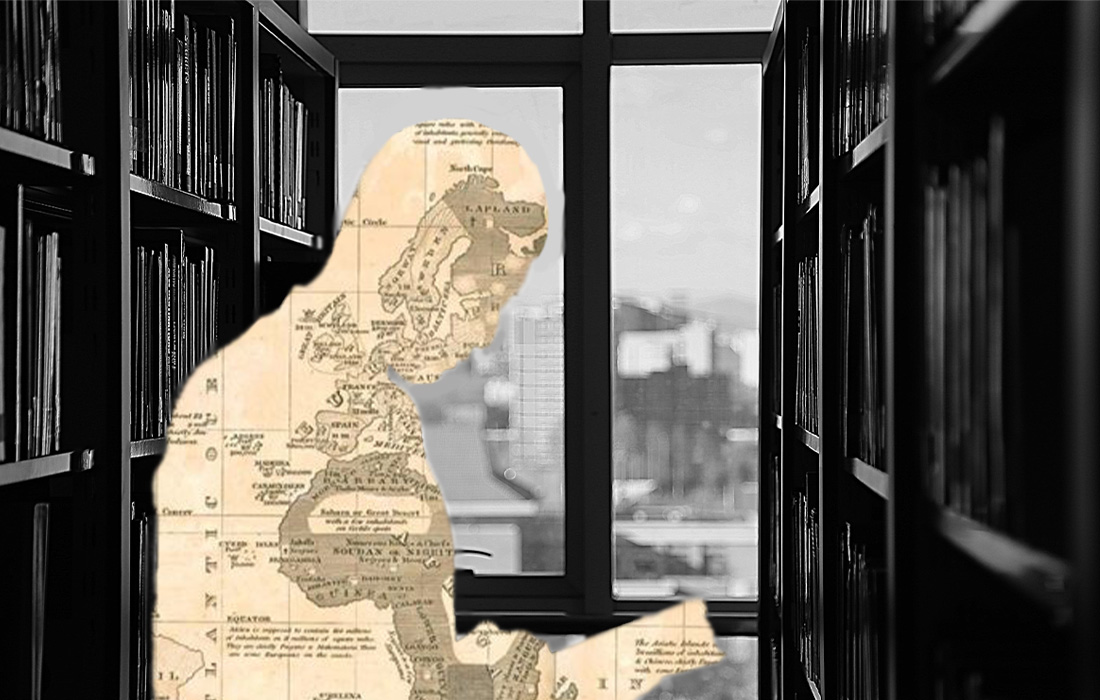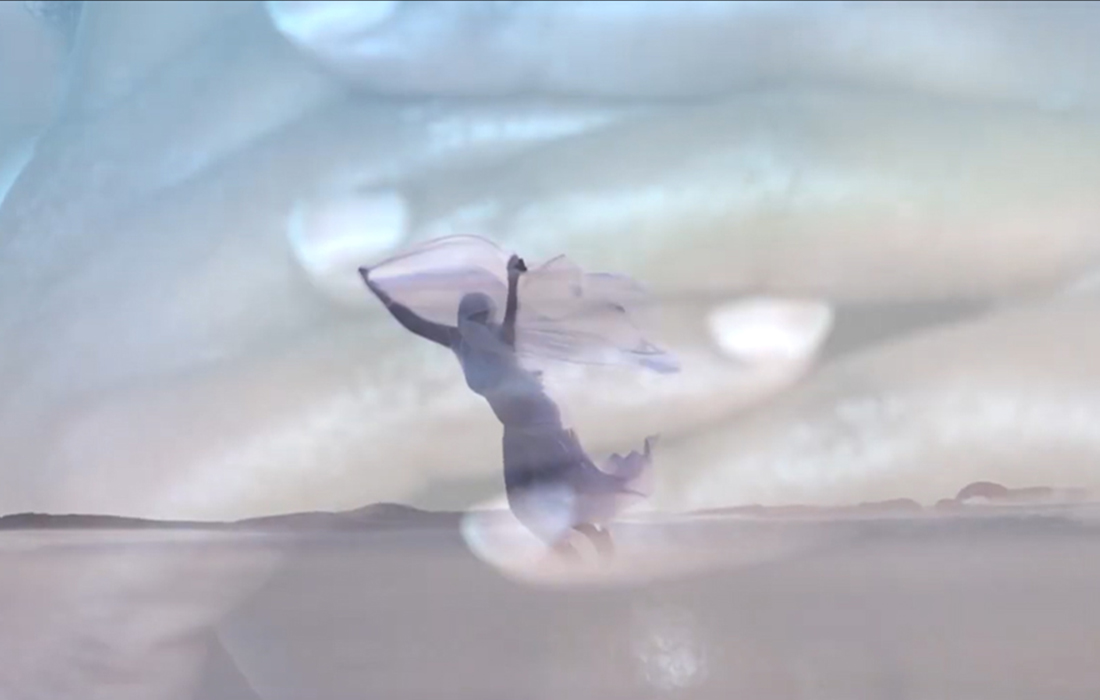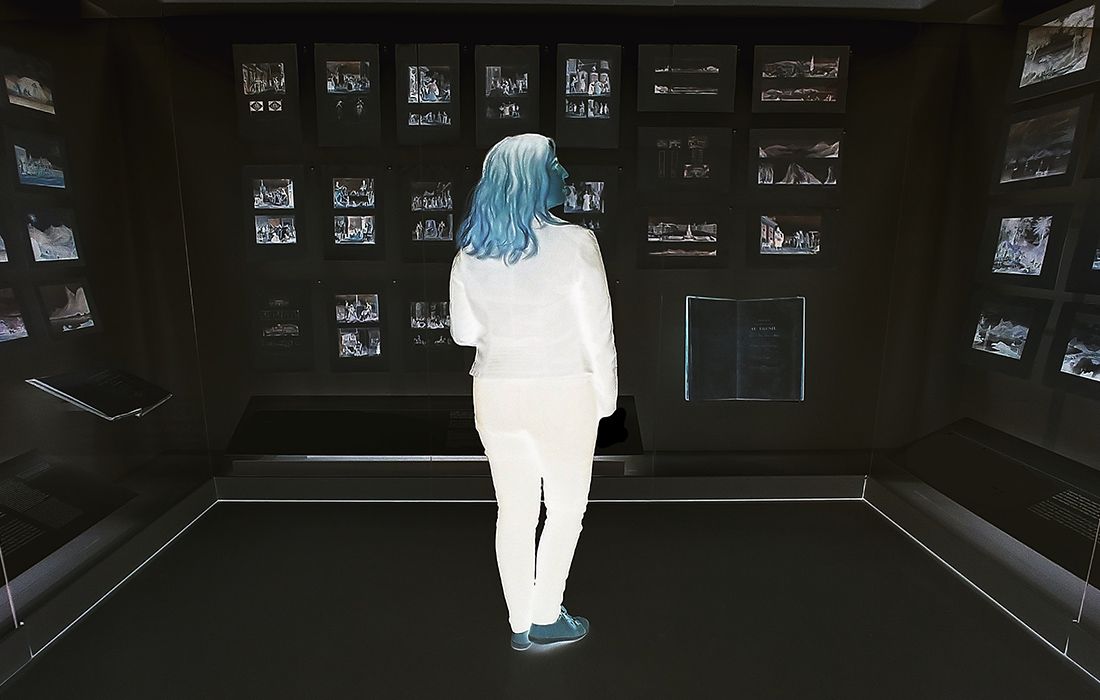Areas of Focus
Under the direction of the AW Mellon Chair in Aesthetic Theory and Material Performance, this project brings together an experiment in public arts practice and humanities scholarship on the question of the practice of post-apartheid freedom. At the core of the Laboratory of Kinetic Objects is the question of how to think of aesthetics and the domains of artistic creation as sites to read and comprehend the dynamics of change in post apartheid South Africa. Research projects which explore how, and to what ends, artistic practices such as object theatre and puppetry arts might address themes such as truth and reconciliation, gender and identity formation, subject-object relations and legacies of the past so as to bring another perspective on contemporary predicaments in South Africa and Africa more generally, are especially encouraged.
The popular nature of xenophobia, the violence involved in labor disputes on the mines, and the violence of citizenship regarding who belongs, are vivid reminders of how migrancy continues to pose a challenge for critical thought, and provides insights into the nature of political practice and democratic promise in Africa. Through the figure of the “migrant” we wish to understand how instances of violence in South Africa remain embedded in the legacies of colonial citizenship. We invite applications that address themselves to dilemmas of citizenship in postcolonial Africa, from a Southern African vantage point.
In order to encourage new thinking that speaks to the predicaments of our times, we invite proposals from candidates in philosophy and political theory working on questions of Citizenship and Justice. These two concepts have a capacious and canonical presence in political philosophy, and in our understandings of both the classical and modern worlds. We encourage reflection on Citizenship and Justice in ways that seek to understand these in the wake of the plurality of sources of knowledge, and the histories and genealogies of these concepts immersed in the concrete politics of knowledge, power and political practices that have constituted our modernity. What might it mean then to teach and research political theory and political philosophy in an African university in the contemporary world?
What are the outlines of an aesthetic education, constitutive of an “aesthetic field,” which may open onto other understandings of the concept of the post-apartheid and the postcolonial, both in and beyond South Africa? What are the shifting dynamics of the relationship between the human and technology, between technogenesis and race, that impinge on the debate on aesthetic education? Research projects that explore these questions in relation to arts practice and humanities scholarship, specifically in relation to film, music and theatrical forms, are particularly encouraged.
The defining concepts of modern political life, such as freedom, equality, democracy, justice, representation, culture, equality, the citizen, the nation-state, majority and minority, are all concepts taken to often be transparent and normatively the marker of progress, and the product of Western civilization. In short, the dominant aspiration is towards what we call liberal democracy and its political subject- the rational autonomous individual. More democratic versions of our political modernity are emerging in the realms of history, sociology and anthropology, to suggest two propositions that challenge this origins story- that the Western tradition is the product of borrowing from other traditions, and secondly, that political modernity itself might not be singular but rather plural. In this view China, South and South East Asia, Latin America and the Middle East, contain within them histories of intellectual life that have produced knowledge which has contended with the major predicaments of contemporary political life. How will we bring into our education, as educators, and scholars, these debates, and bodies of work? How will we grapple with linguistic divides that require the work of translation? We are already aware that a rich history of political thought that resides in the reflections of Africans are in many instances not yet adequately a part of our curricula- the work of scholars like Houtondji, Wiredu, Diop, and anti-colonial thinkers like Fanon, and Cabral, to Nkrumah, Molema, and Nyerere, and political theorists like Peter Ekeh and Claude Ake. What are the implications of these propositions for how we teach political theory in our times? By this we mean, in contrast to the way in which this question was posed in the immediate moment after colonialism, when justice meant one form of centrism might have been replaced by another, when to Africanize the curriculum was interpreted as displacing the European canon. Rather, how do we navigate towards a pedagogy and a curriculum which grapples with political philosophy and political theory as a diverse set of intellectual traditions which are neither discreet nor static but rather entwined and dynamic?
With support from the Andrew W. Mellon Foundation, these are some of the questions that the Citizenship and Justice project explores through reading workshops, fellowships, seminars and colloquiums.
The convening committee of the project comprises of Suren Pillay (Principle Investigator), Laurence Piper, Cherrel Africa, Ayanda Nombila (Dept. of Political Studies) and Tony Oyowe and Ryan Nefdt from the Department of Philosophy at UWC.
In addition to the awards made through the Andrew W. Mellon Foundation and the DST-NRF Flagship, the CHR is also home to the National Research Foundation SARChI Chair in Visual History and Theory. The Chair in Visual History and Theory promotes innovative research that brings images into larger questions of history and the humanities, and supports new critical directions that engage with visual archives and contemporary theory in the arts and media. Fellowships are intended to promote research and build a postgraduate community in this field.
Communicating the Humanities aims to rethink the future of the Humanities PhD, exploring how the Humanities PhD communicates understandings of the human condition in an age of expanded digital and technological resources. The project opens the research of postgraduate students to a study of how the university of the south unravels the foundations of race that is the inheritance of the nineteenth-century Kantian university. The initiative is motivated by the need identified in the context of a transforming university system for spaces of expression and meticulous thinking about the future of the university. Tasked with implementing this vision, Communicating the Humanities aligns public commitments and scholarly research with the broader educational priorities of the centre and UWC. Communicating the Humanities has launched curricula interventions aimed at accentuating the work on the public humanities. The project hosts a course on Global Apartheid, taught in a collaborative exchange between the Interdisciplinary Center for the Study of Global Change (IGCG) at the University of Minnesota. This course places emphasis on rethinking the problem of race in its contemporary conjuncture.
Core to Communicating the Humanities is the focus on the documentary film as a means to communicate and translate humanistic inquiry on the human condition. The form and content of documentary film, and its competing film languages, paves the way for new conversations across the public and academic humanities. Convened for several years by Premesh Lalu in collaboration with Emmy-award winning filmmaker François Verster and film editor and CHR Artist in Residence Khalid Shamis, the course offers an intensive training in documentary filmmaking accompanied by a sustained reading of the existing languages of documentary films. The documentary film programme explores the audio-visual as a point of convergence of humanities methodologies and orientations, a forum for dialogue between academic researchers in the humanities and documentary filmmakers. Documentary film as a genre holds together various disciplinary methods and scholarly approaches in the humanities, thus availing itself as a shared resource for animating the discussion about the future of the Humanities PhD.
Communicating the Humanities has played an important role in the decision taken by the University of the Western Cape to invest in Greatmore, the first arts and humanities research hub in the city for UWC. Greatmore is part of a long-term vision to establish an Africa-wide documentary film school for which documentary film has been proposed as a key device in opening up possibilities of interaction in very real and concrete ways with artists, the creative industry, the scientific community, and communities in many different parts of South African society and beyond.
Communicating the Humanities is supported by the Andrew W. Mellon Foundation.


